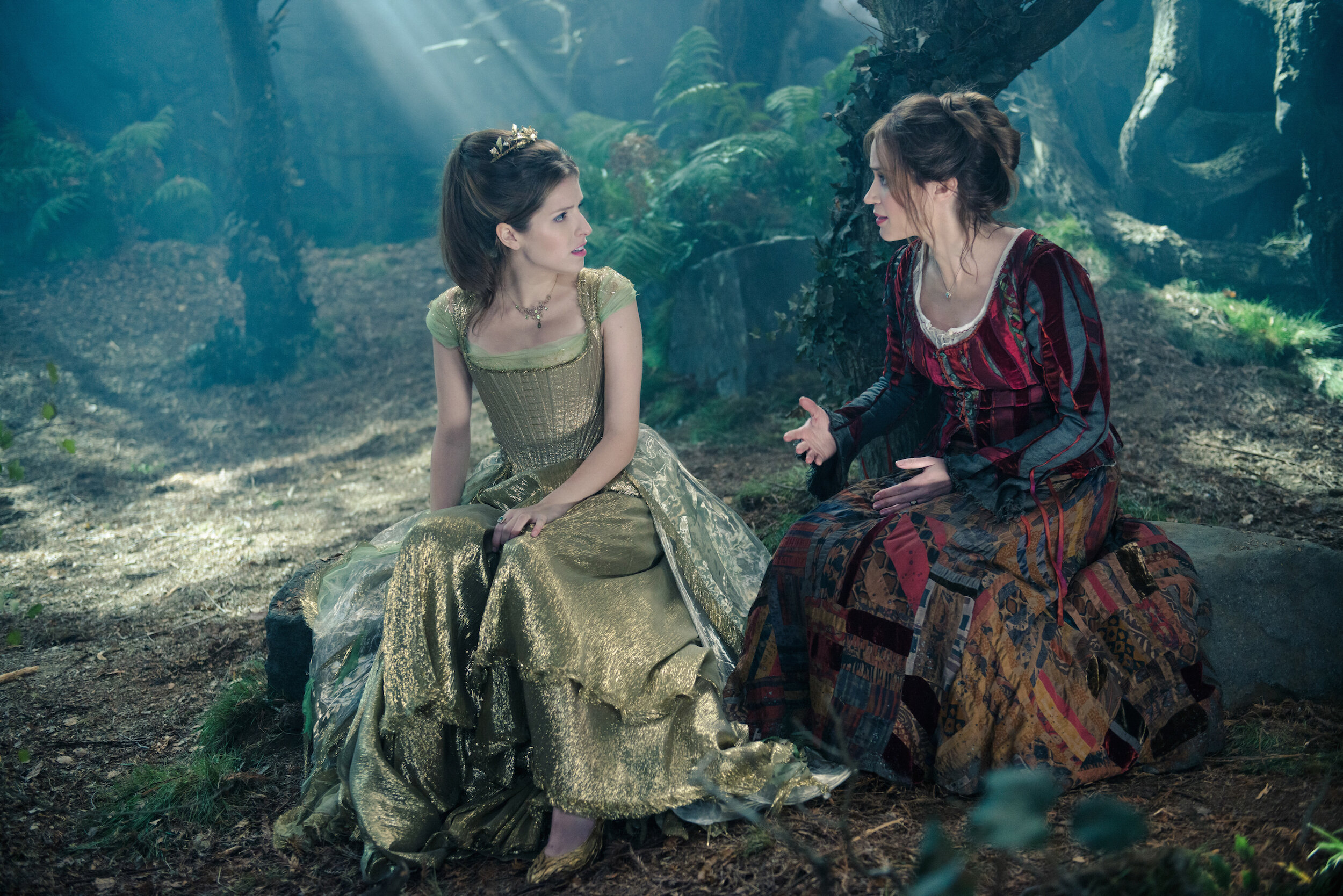The Modern Cinderella
2015 seems to be the Year of the Cinderella Retelling, with book and movie versions of the classic tale cropping up everywhere.
Disney released two Cinderella adaptations this year -- the live action versions starring Lily James, and the new adaptation of Into the Woods starring Anna Kendricks. The first is a rather earnest, traditional retelling of the story, while Into the Woods seems dedicated to showing how mistaken such fairy tale dreams are. With such drastically different approaches in mind, it seems like the movies should have entirely different messages at their conclusions. And yet in both stories, the different Cinderellas find happiness, can find family, by learning to accept who they are.
And this is a thread I see in almost every modern Cinderella adaptation I find. Whether the adaptation is traditional or radical, the modern Cinderella is reframed as a story of self-discovery, rather than prince discovery, where she needs to have the courage to be truly herself to find her happily ever after.
The ethos of the live action Cinderella can be summed up by its quote, "Have courage and be kind." It's a somewhat idealistic retelling, where the magic of the fairy tale is real. Cinderella gets her happy ending precisely because she's courageous and kind. Her ability to attend the ball is directly tied to her kindness, when she helps her fairy-godmother-in-disguise and is rewarded with a gown and a carriage for her selflessness. Of course, the movie isn't just about kindness to others, but about kindness to oneself, and Cinderella can't have her happy ending until she is able to stand up for herself and stand before people as herself. Her moment of greatest courage, as the narrator tells us, is standing before the prince in her rags, showing him precisely who he is, and knowing that this honesty with herself is the only way she can find happiness. And once she does that, she finds her place in the world, gains a family that appreciates her, and lives happily ever after.
Into the Woods presents a much darker story, in a world where all the supposedly happy endings fall apart. Her prince is "charming, not sincere," and Cinderella ultimately realizes that she would rather not be his princess after all.
But although Into the Woods' Cinderella story is far more cynical, it concludes with a very similar message. As shown in Cinderella's big solo, On the Steps of the Palace, Cinderella is never certain that she wants to be with the prince. She runs from him three times, and when she speaks to the Baker's Wife about the ball, she's ambivalent, and barely mentions the prince at all. She doesn't know who she is or what she wants, and ultimately decides "not to decide," letting the prince choose to chase after her and marrying him almost as default. The marriage is never presented as a happily ever after, but as a way for Cinderella to avoid figuring out what she really wants.
So, for this Cinderella, stepping away from the supposed fairy tale is an act of empowerment, allowing her to finally assert herself and figure out what she wants. She still gets a loving family, in the form of the other survivors, and declares the she actually does like to clean, when not around an abusive family. It's not a "fairy tale ending," but she's not alone, she's not conflicted, and she is, assumedly, happy. (At least, until the next "I wish" hits).
Both stories, the earnest and the cynical, use the Cinderella story as a framework to explore the importance of self-determination, and the connection between happiness and a sense of identity. Whether through the traditional optimism of the live action Cinderella, where the story comes together through magic and courage, or the cynical Into the Woods, where the story is broken but something better comes from it, Cinderella's story is ultimately an internal one of self-discovery, where she must be brave and accept herself in order to get her happy ending, or at least her happy "for now."
